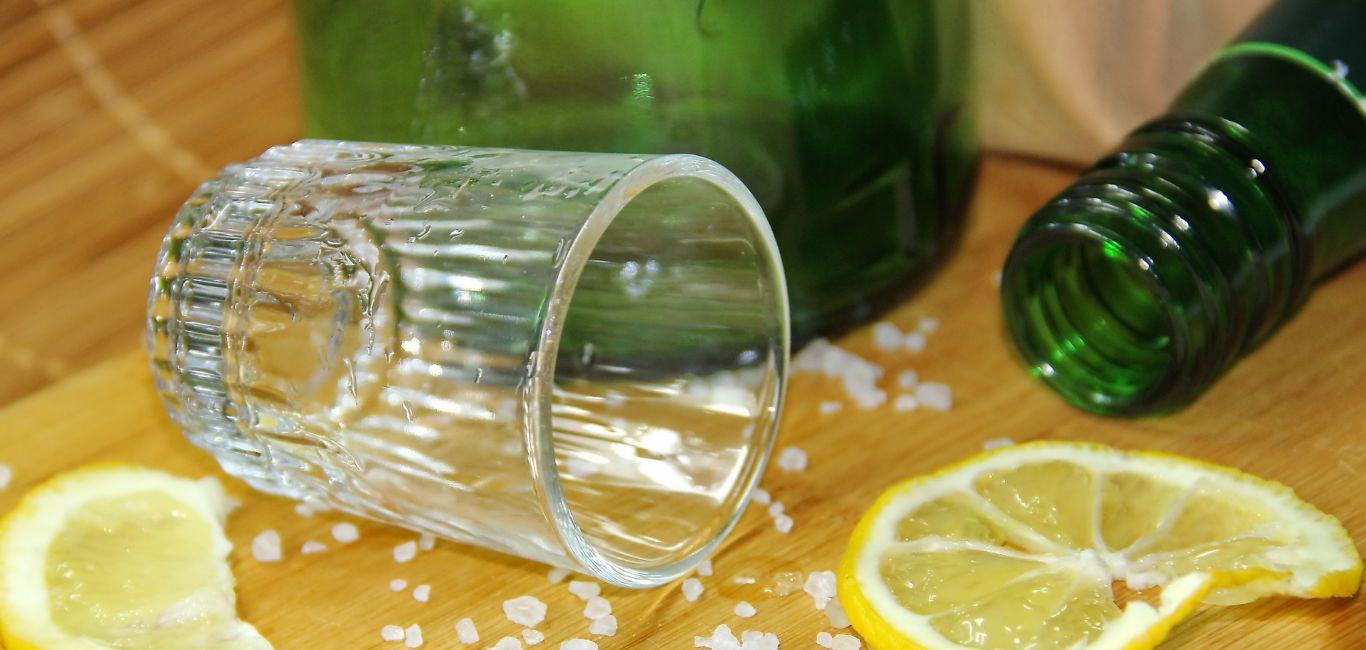
Researchers exploring the link between young adults’ gut microbiomes and binge drinking have shed light on why some individuals are prone to developing an alcohol addiction.
Researchers at APC Microbiome, University College Cork (UCC), Ireland, have identified early biomarkers of alcohol misuse before an addiction develops. Their study adds to a growing body of literature which suggests that the gut microbiome plays a major role in regulating craving, social cognition and emotional functioning.
“This study illustrates that the most prevalent pattern of alcohol misuse during adolescence is associated with alterations in the gut microbiome, even prior to the development of addiction,” wrote the authors of the paper led by principal investigator John F. Cryan, which was published in the Journal eBiomedicine.
“Furthermore, it highlights the importance of the gut microbiome in regulating craving and social cognition,” they added.
Emotions and craving
The study involving 71 youth aged 18-25 found that binge drinking was associated with distinct changes in their gut microbiomes and difficulties in emotional recognition. Emotional recognition refers to the ability to identify and understand the emotions expressed by others accurately. This is also strongly linked with the development of cravings and neuroactive potential over time.
According to the US Centers for Disease Control and Prevention, consuming more than four drinks for women and five or more for men within a period of two hours is considered binge drinking. It is known to have an adverse effect on physical and mental health and can lead to alcohol use disorder (AUD).
The researchers found that binge drinking (even a single episode) increased endotoxin levels as bacterial products from the gut entered the bloodstream, triggering an immune response. They also found that more the binge-drinking episodes, the bigger the craving for alcohol.
This inflammatory response was found to directly correlate with alcohol cravings, potentially signalling the brain to seek alcohol as a reward and increasing the likelihood of relapse into alcohol addiction. The way to understand it is that the response sends signals to the brain to have alcohol as a reward, thus increasing the chances of relapse of alcohol addiction.
Inadequate responses
“Regarding social cognition, higher binge drinking was associated with difficulties in emotion recognition of disgust and sadness in the Emotional Recognition task,” the authors said, adding that this was in line with previous studies showing cognitive difficulties in binge drinkers.
To test this, the researchers transplanted the faecal matter of individuals with AUD into mice. This resulted in the mice showing decreased brain function, reduced social behaviour, and increased depression.
They hope to further study the gut microbial changes caused by binge drinking and study biomarkers that could quantify the risk of developing AUD later in life. They also hope to develop novel probiotic and prebiotic interventions to improve alcohol-related changes in the microbiomes of youth.
Keeping track of gut changes
“Monitoring changes in the gut microbiome composition may be a potential avenue for detecting early signs of alcohol cravings,” says Dr Shailesh Kumar, Program Director, Division of Neuroscience and Behavior at the National Institute on Alcohol Abuse and Alcoholism (NIAAA) in the USA
He says, “Changes in the abundance of certain gram-negative bacterial taxa, such as Proteobacteria, Bacteroidetes and Actinobacteria, could be used to predict the risk of developing alcohol cravings.”
He agrees that biomarkers such as liver enzymes, blood alcohol concentration, gut microbiome-derived metabolites and hormones can help healthcare providers assess the severity of AUD and tailor treatment plans.
However, Dr Kumar adds that they cannot be the sole basis for diagnosing and treating AUD.

















